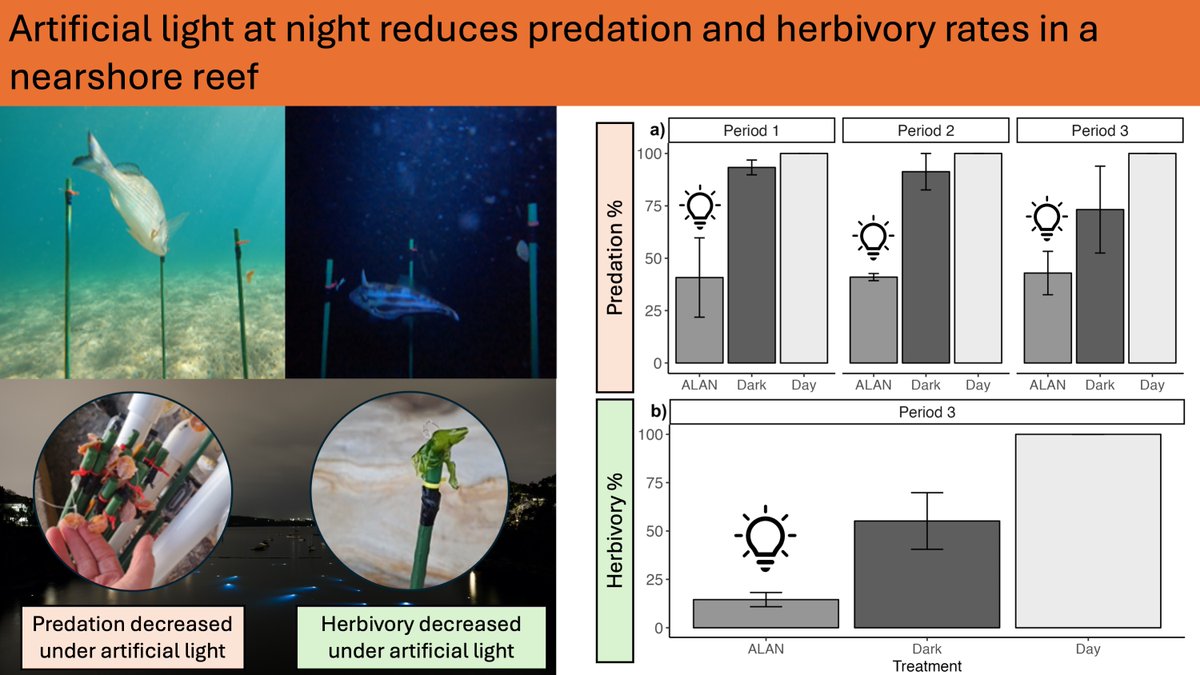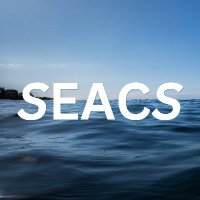
SEACS @seacs.bsky.social
@seacslab
We are a lab of passionate marine ecologists at CMSI UNSW, conducting solutions-based research on human stressors in estuarine and coastal ecosystems.
ID: 1656858058319089665
https://www.unsw.edu.au/research/seacs 12-05-2023 03:06:29
100 Tweet
188 Followers
337 Following



Great results coming out of Plymouth Living Seawalls

Congratulations to Ann Flemming Nielsen, who was awarded the Wildlife Ecology Research Scholarship by Australian Wildlife Society for her project: ‘Restoring Seagrass Scars by Combining Shoot Transplanting with Mimicry of Facilitation Processes’, supervised by @CariocaMayer and Dr Adriana Vergés 😊




Marine infrastructure support fewer producers and more filter feeders than natural habitats: a review and meta-analysis doi.org/10.1088/1748-9… via IOP Environment - first PhD paper from Orla McKibbin with @CariocaMayer, Dr Adriana Vergés and Patrice Pottier. Congratulations Orla! 🎉🎉

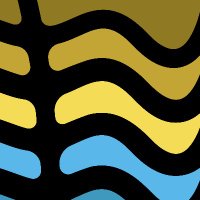
This week's spotlight: Sydney-based marine conservation initiative, #ProjectRestore. The campaign is dedicated to restoring & enhancing degraded seascapes within #Sydney Harbour - integrating flagship projects Operation Posidonia, Operation Crayweed Living Seawalls and Fish Pods.


Living Seawalls is proud to be part of the Cockatoo Island revival Sydney Institute of Marine Science Macquarie University School of Natural Sciences UNSW Biological, Earth and Environmental Sciences

Project Restore is advancing Sydney Harbour’s seascape restoration. Plans include Living Seawalls to boost marine biodiversity and provide coastal protection. Plus, #fishpods introduced as artificial reefs, offering shelter for local fish and revitalising underwater ecosystems
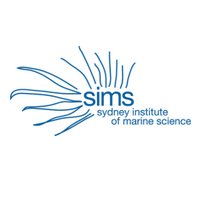
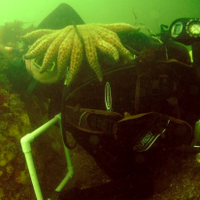
Some good news - here at the Stone Living Lab and UMass Boston we've been collaborating with the Living Seawalls to install LSWs in Boston. And they're IN! Check out this great report about them (and listen to me nerd out) from @MoranWriter at WBUR wbur.org/news/2024/11/0…

🔔News🔔 The first interactive map of European marine & freshwater habitats affected by both #LightPollution & #NoisePollution🌊💡🔊 Led by Plymouth Marine Lab, the AquaPLAN Visualisation Portal will to help manage the combined impacts on aquatic biodiversity aquaplan-project.eu/first-map-of-e…


New paper out this week on the effects of artificial light at night on in-situ fish predation and herbivory intensity on rocky reefs! Led by Honours student Gabby Yeung with @cariocamayer and Milly Caley @millycaley.bsky.social doi.org/10.1016/j.mare…
